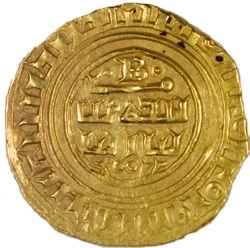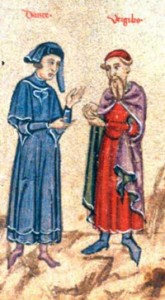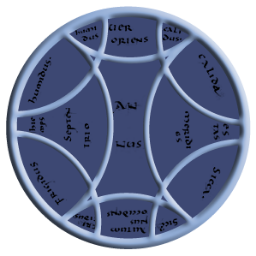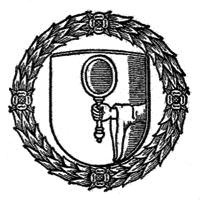Call For Papers
Animal Languages:
Interspecies Communication in the Middle Ages
Editor:
Alison Langdon
Western Kentucky University
Until relatively recently, scholars have tended to focus on the symbolic valence of nonhuman animals, to read their behavior and characteristics as representative of explicitly human interests and concerns. With the advent of critical animal studies, new work has begun to critique traditional humanist scholarship by challenging any absolute distinction between the categories of “human” and “animal.” This has led to new readings of animals in the medieval world as living creatures rather than merely figurative representations of human experience and values.
Language provides a particularly rich locus for this exploration. Drawing on a tradition stretching back to Genesis, many medieval writers identified the capacity for language as evidence of possession of reason, that faculty which was seen to separate humans from all the rest of God’s creation. At the same time, many animals were understood to possess language of their own and in some cases to participate in human language. Although medieval philosophers generally deny intention and significance in animal vocalizations, a range of medieval textual traditions suggests that animals were commonly seen to communicate within and between species.
This interdisciplinary volume seeks articles of 6,000-9,000 words from all fields of medieval studies exploring language, broadly construed, as part of the continued interrogation of the boundaries of human and nonhuman animals in the Middle Ages. How, when, and with whom did animals talk in the medieval world? What kinds of communicative strategies did medieval people recognize in the animal world, and how were they interpreted? How was human meaning imposed on animal vocalizations? How does the use of animals as symbolic language in verbal and visual texts draw upon empirical understanding of nonhuman communication (body language, etc.)? How might nonhuman animals remind us of the embodied nature of language itself?
Proposals of 300-500 words should be submitted by e-mail to Dr. Alison Langdon at the following address: alison.langdon@wku.edu. Deadline for proposals is August 1, 2015. Notification of accepted proposals will be made by August 15, 2015, with complete chapters due by June 1, 2016. The volume has been invited for submission to Ashgate and Amsterdam University Press.







